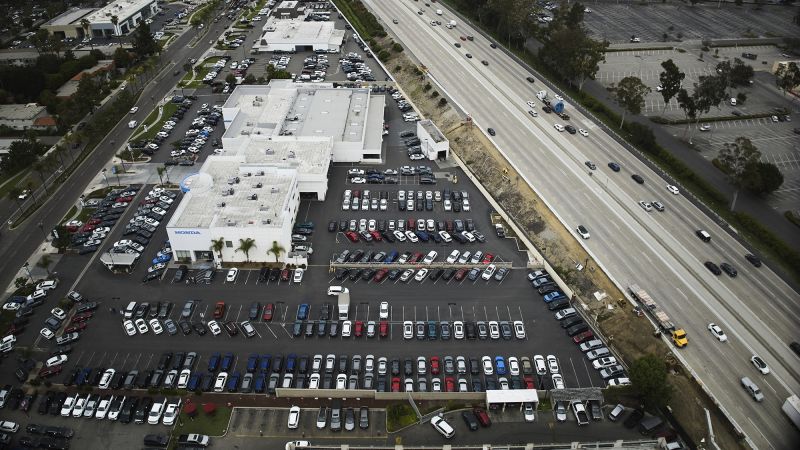Silicon Showdown: How China's Robot Revolution Is Leaving America in the Dust

In the high-stakes technological showdown between the United States and China, the Trump-era tariffs may ultimately undermine America's competitive edge, potentially ceding ground in the critical battle for global technological supremacy.
The complex landscape of international tech competition has revealed a stark reality: trade barriers and punitive tariffs might be doing more harm than good. While intended to protect American technological interests, these measures could paradoxically weaken the nation's ability to innovate and compete on the global stage.
China's strategic investments in artificial intelligence, quantum computing, and advanced semiconductor technologies continue to accelerate, even in the face of trade restrictions. By creating barriers that limit technology transfer and collaborative research, the United States risks isolating itself from the very ecosystems of innovation that have traditionally fueled its technological leadership.
Moreover, the tariffs have inadvertently pushed Chinese tech companies to develop more robust domestic capabilities, reducing their dependence on American technologies and potentially creating long-term competitive challenges for U.S. firms.
As the global tech landscape evolves at breakneck speed, a more nuanced approach—one that balances national security concerns with open innovation and strategic collaboration—may be crucial to maintaining America's technological preeminence in an increasingly interconnected world.








